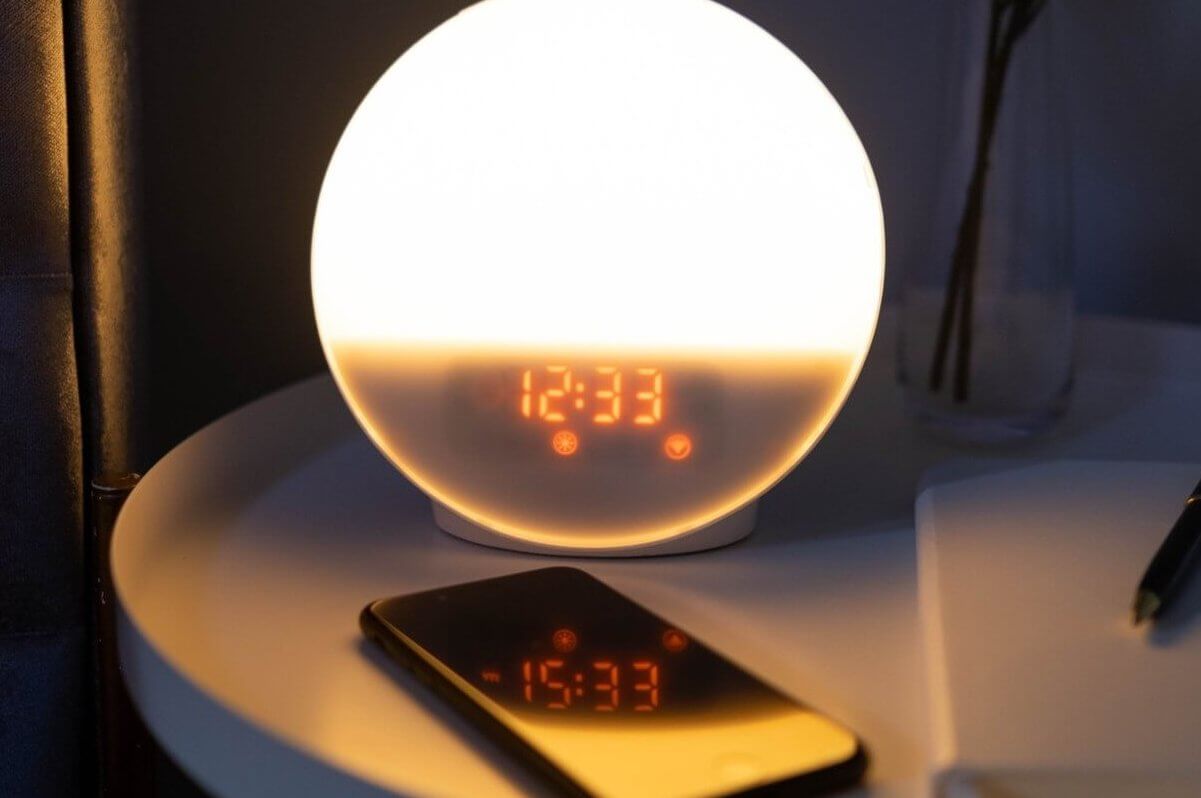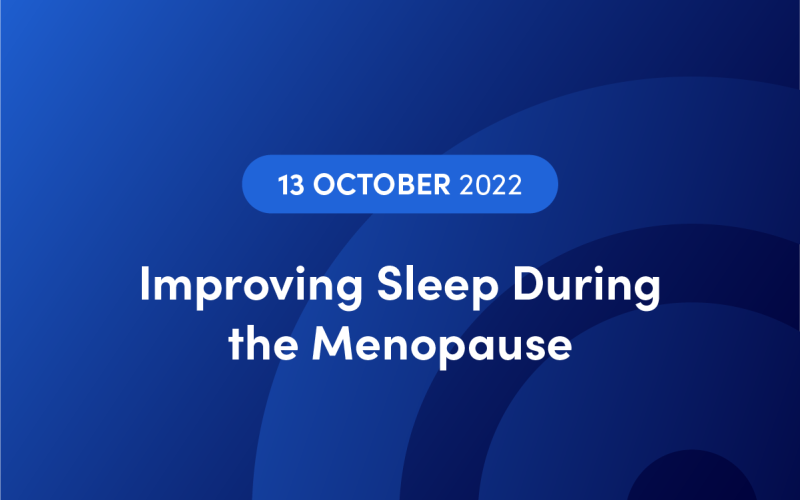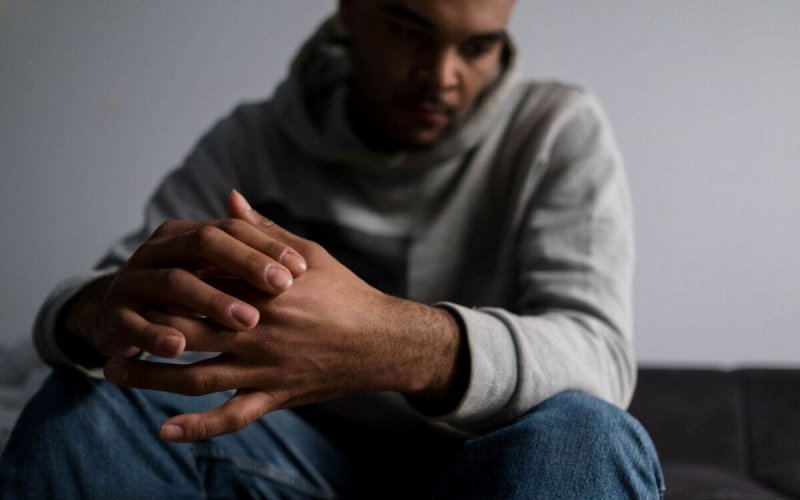Sleep Difficulties

Click here for Tips for Better Sleep
Most of us have had nights when we can’t get a good night’s sleep. When you’re worried or stressed you might struggle to get to sleep, wake up in the night, or have nightmares. This is because the survival parts of your brain are more active and reluctant to switch off. This is helpful at times when you need to stay awake to keep yourself safe, but not when you’re exhausted!
Sleep can be affected by other things as well, such as caffeine, alcohol or changes in daily routines. You might also find that you can’t stop thinking about a difficult experience you’ve had recently. If sleep disturbance is prolonged it can affect your physical and mental wellbeing, for example it can affect concentration and make us irritable.
Where possible, try to have a bedtime routine and do things before bed that help you to feel calm and relaxed.
Sleepio: A free app for improving your sleep. Follow this link for a Quick Guide for accessing Sleepio.
For information on how to monitor and improve your sleep: Download an NHS sleep guidance pdf
Click here to watch a short video on how to improve your sleep: Improve your sleep
For more information on improving your sleep, click here.
And for more information specific to improving your sleep hygiene, click here.
Guide to Good Sleep for Health and Social Care Professionals
Fight Fatigue will help you understand what fatigue is and what you can do about it.
Sleep Scotland email helpline sleepsupport@sleepscotland.org
Related
Most popular

Welcome to the Hub. We hope you’ll find the support you’re looking for. To help us improve the site and make it relevant to you, please take a minute to answer a few quick questions. Thank you.
Give us feedback








